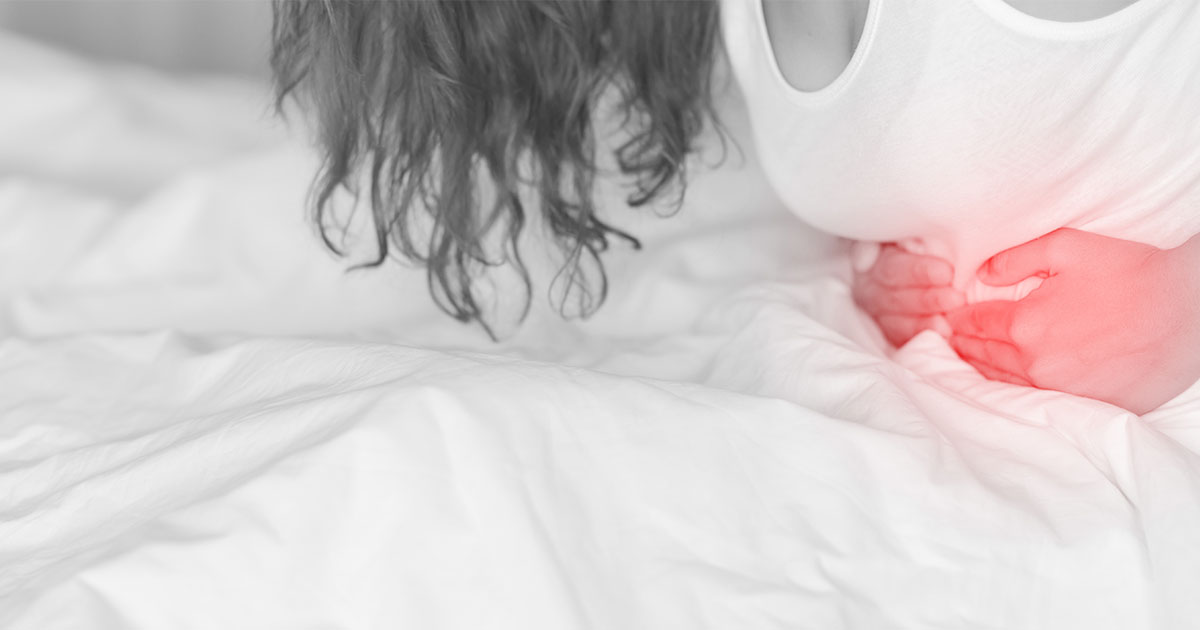BY JAMIE LOBER
March is Endometriosis Awareness Month. This women’s health condition, unfortunately, does not get the attention it deserves as many people write it off as someone just having a bad period, when the reality is that it is so much more. In fact, there are around 176 million women suffering worldwide, which means one out of every ten women you know may be in this battle. Most of these women are in their 30s and 40s. It is tricky because the only way to be definitively diagnosed is through a laparoscopy, which is not practical for everyone, so the diagnosis is usually about symptoms and tools like a pelvic exam or ultrasound. You want to rule out other conditions that may be responsible for your pain, such as ovarian cysts or uterine fibroids.
When caught early, endometriosis becomes manageable. If you do not pay attention to your body and ignore symptoms, it will wreak havoc on your reproductive system. If you have any of the symptoms below, speak up:
- Painful periods and/or periods lasting more than seven days
- Heavy menstrual bleeding
- Painful intercourse
- Bowel changes around the period
- Long-term lower back and pelvic pain
- Fatigue
The toughest part is that the pain can affect your ability to work and maintain relationships, and can come along with medical costs. Pain can range from mild to severe and does not always correspond with the extent of the disease. The pain usually goes away after menopause when the body stops producing estrogen. Similarly, some women feel better, and their symptoms go away, during pregnancy. Everybody is different.
Why Does This Happen?
If there were a solid answer, women would be effectively preventing endometriosis from happening in the first place. However, the Endometriosis Association has put out some theories:
- Endometrial tissue from the uterus goes to other parts of the body
- Genetic predisposition
- Retrograde menstruation where menstrual tissue backs up through the fallopian tubes, implants in the abdomen and grows
What Can You Do?
- Talk about it. Many women are not aware that the condition exists, while others may be afraid to talk to their gynecologist about it. You will likely be amazed at how many women are interested in learning more.
- Write about it. Technology makes the world go around and especially if you are active on social media, a simple posting can make a big difference. Whether you want to write about your experience or start an online journal or just tell others that there is a condition called endometriosis and there is help out there, you are helping others.
- Learn more. If you or a loved one is struggling with endometriosis, read and ask questions of experts. Knowledge is power.
- Get treated. While you most commonly hear about the laparoscopy, there are other solutions out there. You do not want to sit in silence, as endometriosis can cause complications down the road such as infertility in over half of those struggling. Other potential challenges include endometriosis causing ovarian cysts, increasing your risk of developing ovarian cancer, causing inflammation and scar tissue to develop, and possibly causing intestinal or bladder problems.
Treating Endometriosis
The first line of defense is the typical non-steroidal anti-inflammatory drug like ibuprofen. There are also some prescription drugs that your doctor may offer to help you with painful periods. Hormonal therapies like birth control with lower dosages of estrogen are increasingly popular for this reason. Alternative medicine has made a comeback with things like acupuncture, herbal medicine, and chiropractic care, but none of those have proven to be successful. If these fail, surgery is considered where the area of the endometriosis is removed. A hysterectomy, where both ovaries are removed, is an option for some but not always necessary.
Lifestyle choices should be evaluated, as sometimes a small action like eliminating caffeine can make a difference when it comes to pain. Physical activity, even just a little walk in the evenings around your neighborhood, can lower estrogen levels and make you feel better. When you have a lower amount of body fat, you have less estrogen. To get the most appropriate treatment, it can be beneficial to document your symptoms and share that with the doctor.
Contrary to societal beliefs, painful periods are not normal. The good news is that there is a lot that can be done to remedy the symptoms of endometriosis and help you live a better life.


















